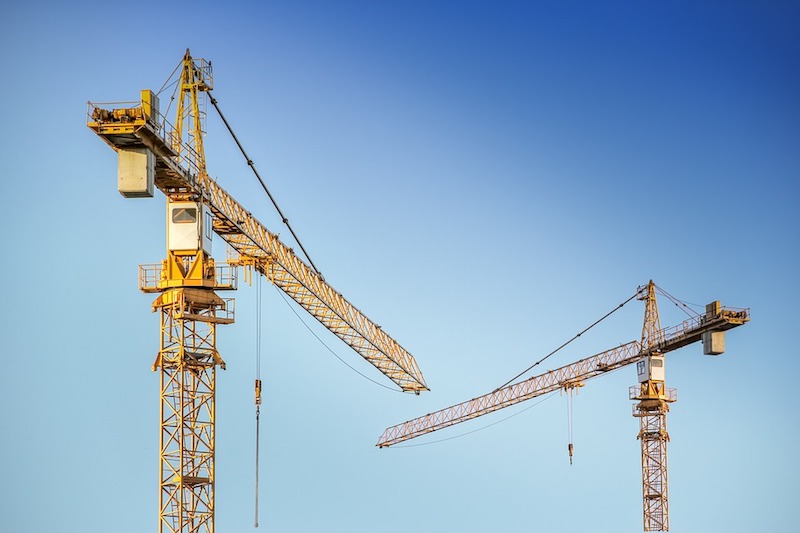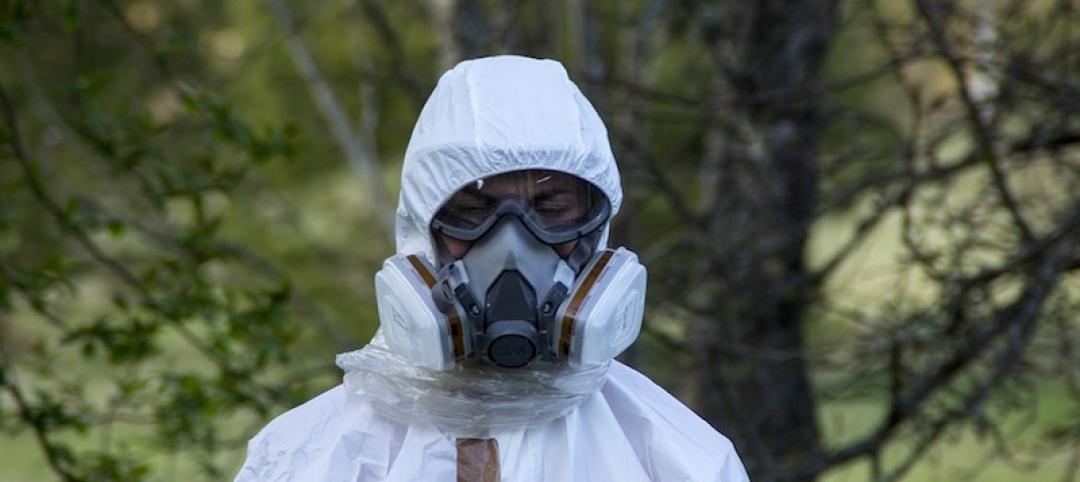OSHA published the long-delayed updates to its crane operator certification requirements in the Nov. 9 Federal Register.
As was expected, the agency will require certification by type of crane, and will accept certification by crane type and its lifting capacity. OSHA originally sought to certify operators solely by crane type and capacity in 2010.
That certification requirement was supposed to go into effect in 2014, but the agency later discovered that two of the four accredited testing services were issuing certifications for type of crane rather than type and capacity. The new rule specifies that certification/licensing must be accomplished via an accredited testing service, an independently audited employer program, military training, or compliance with qualifying state or local licensing requirements.
Most of the new final rule will go into effect Dec. 9, except for requirements that employers evaluate crane operators and document those evaluations. The latter requirements will take effect Feb. 7, 2019.
Related Stories
Codes and Standards | Mar 13, 2018
OSHA delays enforcement of beryllium exposure rule
The Occupational Safety and Health Administration (OSHA) voted to delay new beryllium exposure rules until May 11.
Codes and Standards | Mar 12, 2018
L.A. mayor proposes mandatory seismic retrofits for steel buildings, daycare centers, private schools
Los Angeles Mayor Eric Garcetti has proposed a seismic retrofit requirement for vulnerable steel buildings built before the 1994 Northridge earthquake.
Codes and Standards | Mar 8, 2018
Net zero commercial building trend shows strong momentum
Almost 50% more zero energy commercial buildings under construction in 2017.
Codes and Standards | Mar 7, 2018
Dept. of Energy says 2016 ANSI/ASHRAE/IES Standard 90.1 would save 8.2% of energy costs
Favorable comparison to 2013 standard for commercial buildings.
Codes and Standards | Mar 6, 2018
Well Living Lab launches extensive study on how indoor environments affect people’s lives
Factors that impact health, performance, stress and resiliency, sleep, and comfort to be scrutinized.
Codes and Standards | Mar 5, 2018
New guide helps planners assess innovation districts
The document is designed to aid in targeting resources toward innovative and inclusive economic development based on an area’s unique strengths and challenges.
Codes and Standards | Mar 1, 2018
Net zero commercial building trend shows strong momentum
Almost 50% more zero energy commercial buildings under construction in 2017.
Codes and Standards | Feb 28, 2018
AEC industry reported high levels of fraud, cyber breaches, and security incidents in 2017
83% experienced at least one fraud incident.
Codes and Standards | Feb 27, 2018
Smart surface solutions can improve disaster resilience, health and comfort in cities
Stormwater management, water quality, and heat island effect could all be impacted.
Codes and Standards | Feb 26, 2018
Bolstering energy efficiency would produce significant health benefits, ACEEE study says
Reducing energy consumption by 15% would save six lives a day.

















